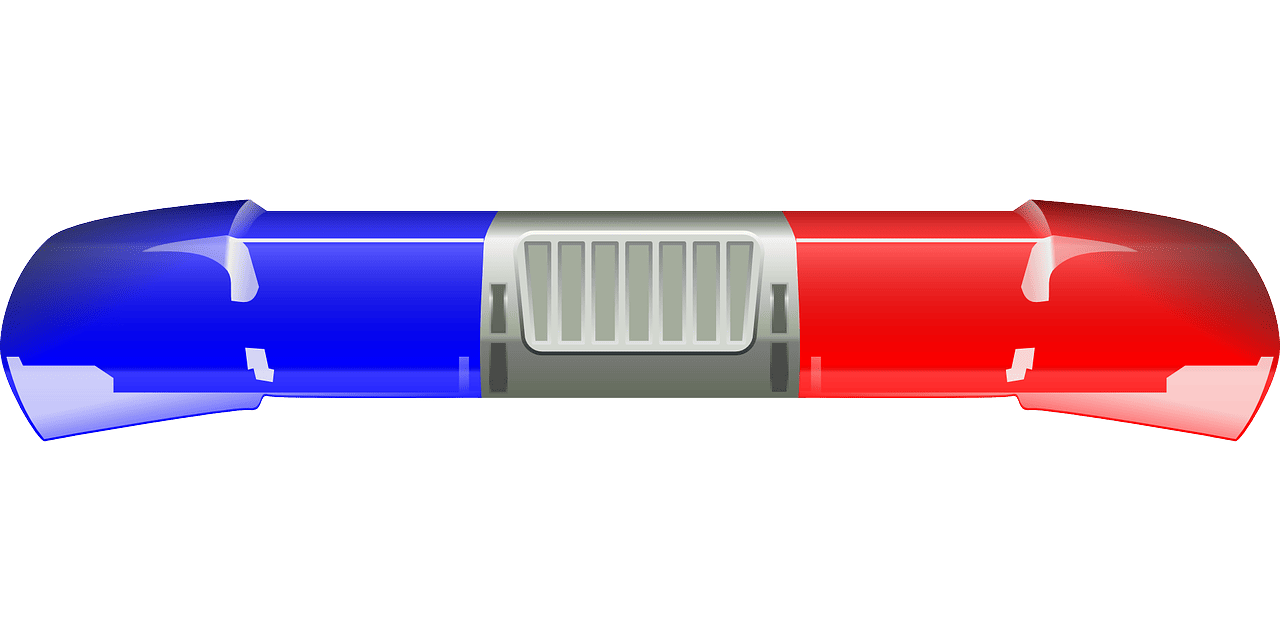Police Psychology
Ever wondered if the mental well-being of law enforcement officers impacts their performance on the job?
Police psychology delves into this very question. It explores the ways in which psychological principles and practices can aid officers in dealing with the unique challenges they face.
From stress management to decision-making in high-pressure situations, police psychology offers valuable insights into the mental resilience and coping strategies needed for effective law enforcement.
Key Takeaways
- Police psychology is important for enhancing law enforcement effectiveness and officer well-being.
- Effective coping mechanisms and access to support are crucial for managing the psychological impact of traumatic experiences.
- Resilience-building strategies, such as mindfulness and self-care, can help officers navigate challenges and maintain good mental health.
- Mental resilience is essential for making sound decisions in high-pressure situations and maintaining a high level of performance.
The Importance of Police Psychology
Understanding the importance of police psychology is crucial for enhancing law enforcement effectiveness and officer well-being. Mental health is a significant aspect of policing that directly impacts an officer’s ability to perform their duties. The nature of police work exposes officers to stress, trauma, and critical incidents, which can take a toll on their mental well-being. Psychological support is essential to help officers cope with these challenges and prevent the development of mental health issues. By addressing the psychological aspects of policing, departments can promote resilience, reduce the risk of burnout, and enhance overall job satisfaction among officers.
Furthermore, recognizing the impact of mental health on law enforcement effectiveness is vital for maintaining public safety. Officers who receive adequate psychological support are better equipped to make sound judgments, communicate effectively, and de-escalate potentially volatile situations. This not only safeguards the well-being of the officers themselves but also contributes to building trust and positive relationships within the communities they serve.
Ultimately, prioritizing police psychology is an investment in the welfare of officers and the efficacy of law enforcement operations.
Stress Management for Law Enforcement
To effectively manage stress in law enforcement, you need to employ strategies for self-care and seek professional support when necessary.
Stress reduction is crucial for maintaining mental wellness in a demanding profession like law enforcement. One way to reduce stress is by implementing regular exercise into your routine. Physical activity can help release built-up tension and improve your overall mood. Additionally, practicing mindfulness and meditation can be effective tools for managing stress. Taking a few minutes each day to focus on your breathing and clear your mind can significantly reduce the impact of stress on your mental well-being.
It’s also important to prioritize self-care by ensuring you get enough rest and relaxation. Engaging in hobbies or activities that you enjoy can provide a much-needed break from the pressures of the job.
Seeking professional support when necessary isn’t a sign of weakness but rather a proactive step toward maintaining mental wellness. Speaking to a therapist or counselor can provide you with valuable coping strategies and support to navigate the challenges of law enforcement.
Trauma and Coping Strategies
As a law enforcement officer, you face traumatic experiences that can impact your mental and emotional well-being.
It’s important to develop effective coping mechanisms to navigate the challenges you encounter on the job.
Building resilience is key to maintaining your mental and emotional strength in the face of trauma.
Trauma Impact on Officers
Experiencing traumatic events on the job can significantly impact your mental and emotional well-being as a police officer. The trauma impact can lead to symptoms such as anxiety, depression, and post-traumatic stress disorder (PTSD).
It’s crucial for officers to have access to adequate support to help them cope with the effects of trauma. This support may include peer support programs, counseling services, and mental health resources specifically tailored to the unique challenges faced by law enforcement personnel.
Additionally, promoting a culture of open communication and understanding within police departments can create an environment where officers feel comfortable seeking help when dealing with traumatic experiences.
Implementing effective officer support systems is essential in mitigating the long-term impact of trauma on law enforcement professionals.
Effective Coping Mechanisms
When dealing with traumatic experiences on the job, you should rely on healthy coping mechanisms to manage the impact on your mental and emotional well-being as a police officer.
Coping techniques such as seeking social support, engaging in physical activity, and practicing mindfulness can help you effectively manage the stress and emotional toll of the job.
Emotional regulation is vital in maintaining mental resilience, and techniques like deep breathing, visualization, and cognitive reframing can assist in managing intense emotions.
It’s important to recognize when you need a break and seek professional help when necessary.
Resilience-Building Strategies
Implementing healthy coping strategies is crucial for effectively managing the impact of traumatic experiences on your mental and emotional well-being as a police officer. Resilience training plays a crucial role in maintaining your psychological well-being in the face of challenging situations.
Here are three resilience-building strategies to help you navigate the demands of your role:
-
Mindfulness Practices: Engage in mindfulness meditation or breathing exercises to stay grounded and present, reducing the impact of stress and trauma on your mental health.
-
Strong Social Support: Cultivate strong connections with colleagues, friends, and family members who can provide understanding and empathy. Having a vital support network during difficult times is essential.
-
Self-Care Routines: Prioritize self-care activities such as exercise, hobbies, and relaxation techniques to recharge and maintain a balanced perspective amidst the demands of your job.
Enhancing Communication Skills
To effectively connect with individuals in high-stress situations, you must focus on improving both verbal and nonverbal communication skills. Active listening and conflict resolution are essential components of effective communication in police psychology. By honing these skills, you can build rapport, gain trust, and de-escalate potentially volatile situations.
| Active Listening | Conflict Resolution |
|---|---|
| Give the speaker your full attention. | Stay calm and composed. |
| Show empathy and understanding. | Acknowledge the issue at hand. |
| Ask clarifying questions. | Collaborate on finding a solution. |
Active listening involves not only hearing but also understanding the speaker’s perspective. It is crucial to demonstrate empathy and provide verbal and nonverbal cues that show you are fully engaged in the conversation. Conflict resolution requires remaining composed and acknowledging the concerns at hand. By collaborating on finding a solution, you can effectively manage conflicts and prevent them from escalating. Enhancing these communication skills can greatly improve your effectiveness in handling challenging situations within law enforcement.
Decision-Making in High-Pressure Situations
Improve your ability to think quickly and analytically while under pressure in high-stakes situations. When making decisions in high-pressure situations, your cognitive processes play a crucial role. Here are three key strategies to enhance your decision-making skills:
-
Stay focused: In high-pressure situations, it’s essential to maintain focus amidst distractions. Practice narrowing your attention to the most critical aspects of the situation, allowing you to make well-informed decisions based on relevant information.
-
Manage stress: Emotional regulation is vital for making sound decisions under pressure. Learn techniques to manage stress, such as deep breathing or positive self-talk, to keep your emotions from clouding your judgment.
-
Practice scenario-based training: Engaging in realistic scenario-based training can help you develop the ability to think quickly and make effective decisions under pressure. By simulating high-stakes situations, you can hone your cognitive processes and improve your decision-making skills when it matters most.
Building Mental Resilience for Officers
As an officer, it is crucial to develop mental resilience in order to effectively navigate the challenges and stressors inherent in law enforcement. Building mental resilience is essential for maintaining good mental health and developing effective coping skills. It allows you to bounce back from difficult experiences, remain focused under pressure, and maintain a high level of performance even in the face of adversity.
| Mental Health | Coping Skills |
|---|---|
| Regular self-assessment | Develop problem-solving abilities |
| Seek professional help when needed | Practice mindfulness and stress-reducing techniques |
| Establish a support system | Engage in physical activities for stress relief |
| Foster a healthy work-life balance | Cultivate a positive and adaptive mindset |
Conclusion
Now that you understand the importance of police psychology, remember to support your local law enforcement as they navigate the challenges of their job.
By recognizing the stress, trauma, and pressure they face, you can show empathy and understanding.
Their mental resilience is crucial for public safety, so be a positive influence in their lives.
Your support could make all the difference in helping them cope with the demands of their noble profession.





